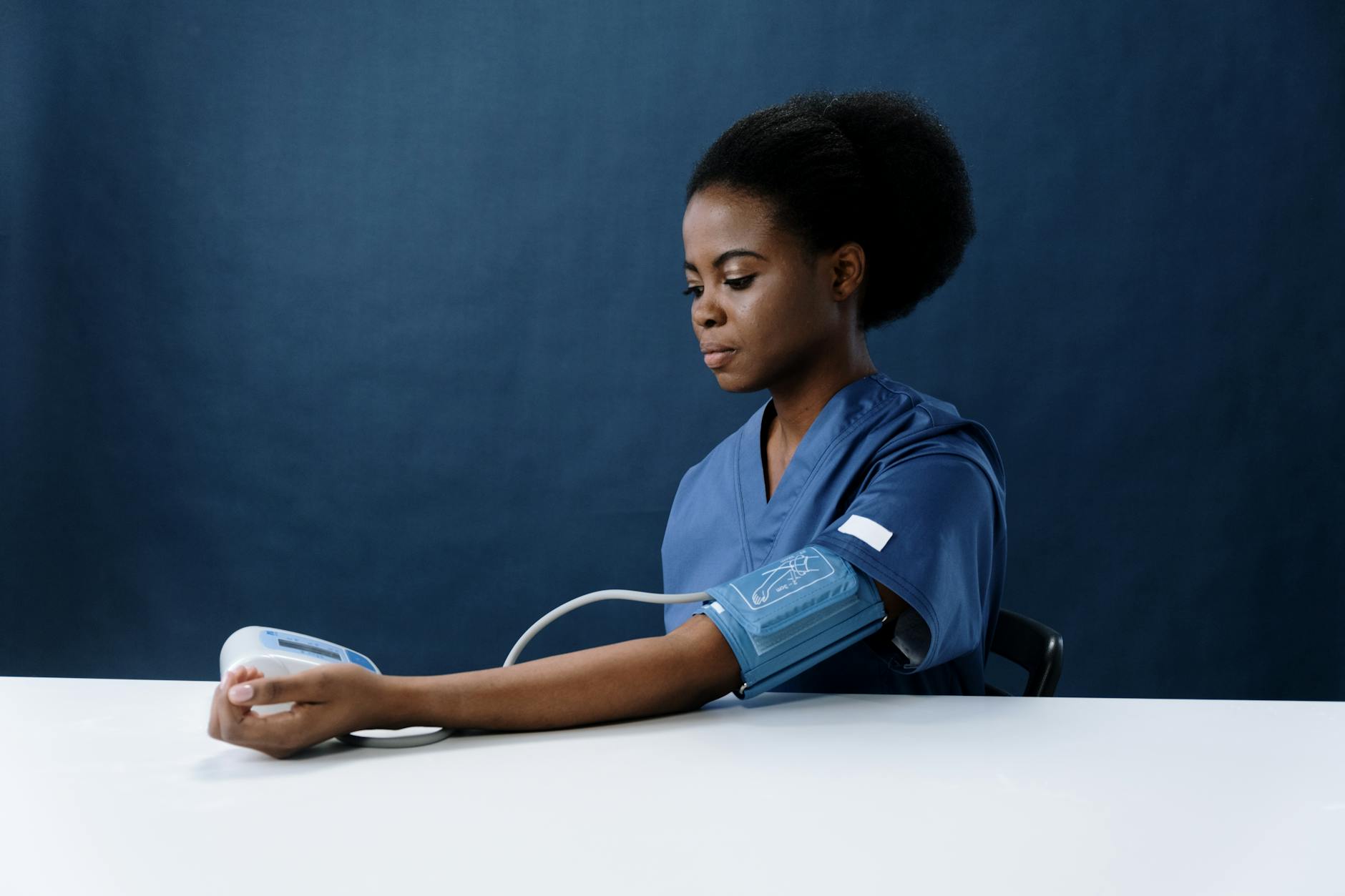High blood pressure (hypertension) is already dangerous when uncontrolled, but when it rises to extremely high levels, it can cause sudden and life-threatening complications. This is called a hypertensive crisis, and it is divided into two types: hypertensive emergency and hypertensive urgency.
If you are experiencing severe headaches, chest pain, vision problems, or sudden confusion, you may be facing a hypertensive crisis. You can get personalised advice from licensed doctors through Hope Plus. This premium service helps you get timely care and avoid complications.
What is a Hypertensive Emergency?
A hypertensive emergency happens when blood pressure rises above 180/110 mmHg and causes acute, life-threatening complications such as:
- Hypertensive encephalopathy (severe headache, confusion, seizures, vision problems)
- Chest pain due to angina or a heart attack
- Sudden breathlessness due to pulmonary oedema
- Acute kidney failure
- Acute aortic dissection (tear in the main artery of the body)
- Eclampsia or pre-eclampsia in pregnancy
Treatment
- Hospital admission is required immediately.
- Blood pressure is lowered gradually over 24 hours using intravenous medicines.
- Treatment also targets the complication:
- In stroke, BP is only lowered if very high (above 220/120 mmHg).
- In aortic dissection, blood pressure must be lowered rapidly.
- In heart failure or heart attack, treatment focuses on stabilising the heart and lungs.
- Medicines used may include:
- IV furosemide to reduce fluid overload
- IV hydralazine given slowly to lower blood pressure
What is a Hypertensive Urgency?
Hypertensive urgency also involves very high blood pressure (above 180/110 mmHg) but without evidence of immediate organ damage. Unlike emergencies, it is not immediately life-threatening but still requires prompt medical care.
Treatment
- Admission to hospital for observation and treatment
- Blood pressure is lowered more slowly (within 48–72 hours)
- Oral medicines are used, usually a combination of:
- ACE inhibitors or ARBs
- Calcium channel blockers
- Sometimes diuretics
Prevention of Hypertensive Crises
- Take blood pressure medicines exactly as prescribed
- Attend regular follow-up visits with your doctor
- Avoid stopping medication suddenly
- Reduce salt and alcohol intake
- Maintain a healthy weight and active lifestyle
- Monitor your blood pressure regularly at home or at a clinic
Frequently Asked Questions
What is the difference between hypertensive emergency and urgency?
Emergency involves high BP with organ damage (like stroke, heart attack, kidney failure). Urgency is high BP without immediate organ damage.
Can I manage a hypertensive crisis at home?
No. Both emergencies and urgencies require hospital admission and close monitoring.
Why is blood pressure not lowered too quickly?
A rapid drop in blood pressure can reduce blood flow to vital organs like the brain, heart, and kidneys, causing more harm.
What should I do if I feel symptoms of a hypertensive crisis?
Seek emergency medical care immediately. Do not wait for the symptoms to improve on their own.
Can these crises be prevented?
Yes. Taking your medicines regularly, keeping up with lifestyle changes, and monitoring your blood pressure can greatly reduce your risk.


